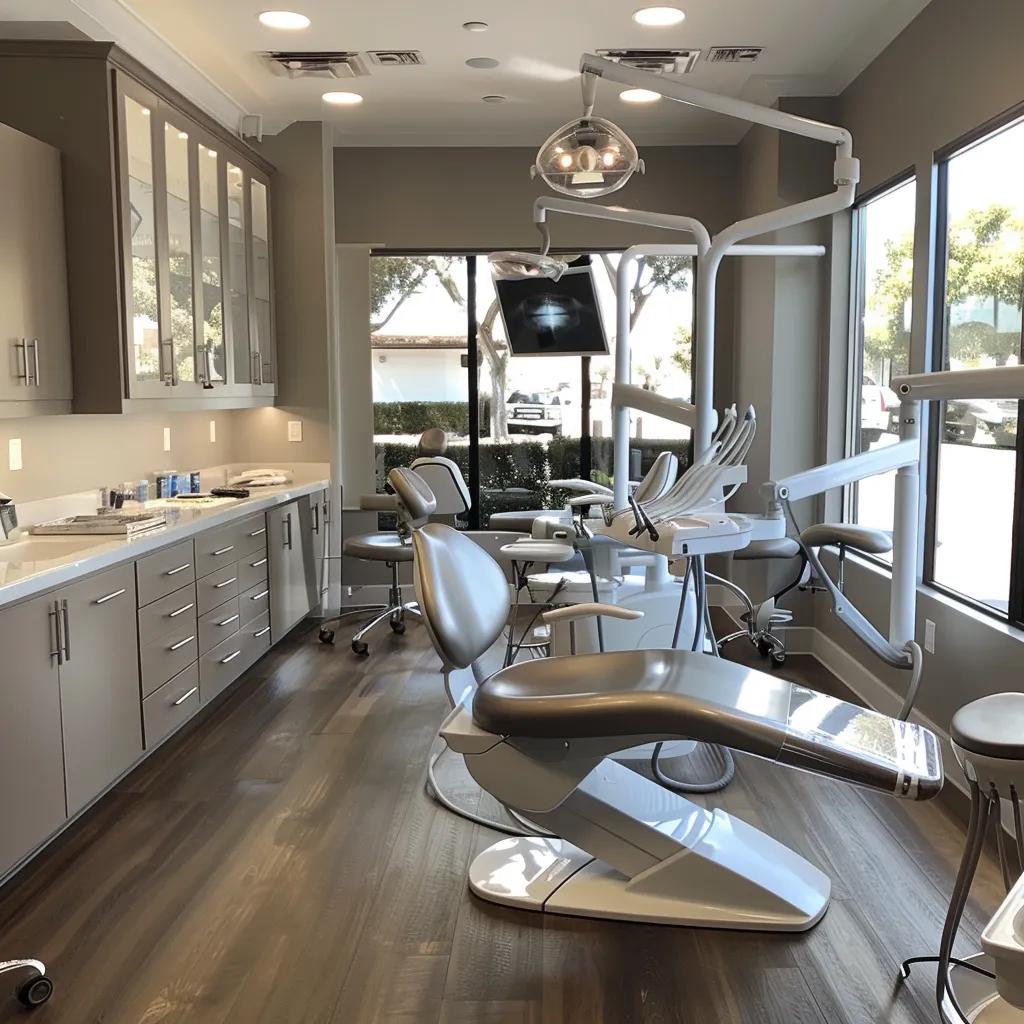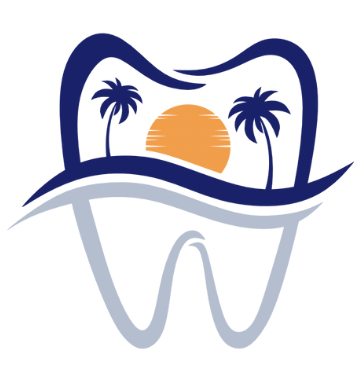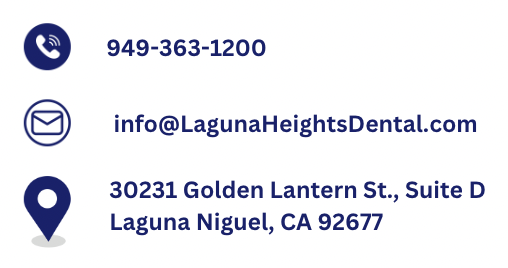Most people only think about the dentist when something goes wrong — a chipped tooth, sudden pain, or a swelling that just won’t go away. But what if the secret to avoiding those emergencies lies not in last-minute fixes, but in simple, daily choices? The truth is, many dental emergencies are preventable. By making intentional lifestyle changes, you can avoid discomfort, unexpected costs, and long-term damage — all while keeping your smile bright and confident.
In this guide, we’ll walk you through the small, powerful shifts that can safeguard your oral health for years to come. From daily habits to professional treatments, from nutrition tips to planning ahead, we’ll explore everything you need to know to protect your teeth and gums — and avoid the stress of dental emergencies.
Understanding Dental Emergencies: Prevention Over Cure
Dental emergencies often feel like they come out of nowhere. But more often than not, they’re the result of something that’s been quietly building over time. Cavities that deepen, gum infections that go untreated, or a cracked filling that finally gives way. While some emergencies — like trauma from an accident — are truly unavoidable, many stem from issues that could have been spotted earlier or prevented entirely.
Prevention doesn’t just save you from pain. It helps preserve your natural teeth, reduces the risk of costly procedures, and gives you peace of mind. Recognizing the early warning signs and understanding the common causes of dental emergencies can help you shift from reactive care to proactive protection. And the earlier you start, the easier it becomes.
Daily Habits That Build Oral Resilience
Think of your mouth like a house. Brushing, flossing, and rinsing are the daily maintenance routines that keep everything clean and strong. If you skip them, problems build up — and eventually, you’ll need emergency repairs. Good daily hygiene isn’t complicated, but it does require consistency.
To build resilience against decay and gum disease, commit to the following habits:
- Brush your teeth at least twice a day with fluoride toothpaste
- Floss once daily to remove debris from between teeth
- Use an antimicrobial mouthwash to reduce harmful bacteria
- Replace your toothbrush every 3-4 months
- Avoid brushing too hard — it can wear down enamel and irritate gums
These daily habits may sound simple, but they act as your first line of defense. They clean, protect, and maintain your smile — all while reducing the risk of sudden pain or infection. When done consistently, they become invisible armor against common dental threats.
Hidden Lifestyle Habits That Trigger Dental Trauma
Not all dental emergencies are about hygiene. Some are about habits — the unconscious things we do without realizing the damage. Biting nails, using your teeth to open packages, chewing on ice or hard candies… these can all chip or crack your enamel, leading to sudden breaks or painful sensitivity.
Other risks come from physical activity. Sports-related injuries are a major source of dental trauma, especially for children and teens. Whether it’s a rogue basketball or an elbow during practice, one hit can cause long-term damage.
To minimize these risks:
- Never use your teeth as tools
- Avoid chewing on hard objects like pens or ice
- Wear a mouthguard when playing sports, especially contact sports
- Address teeth grinding with a nightguard if you grind while sleeping
These behavioral changes can dramatically lower your chances of cracking a tooth, damaging a filling, or dislodging a crown. Think of them as everyday choices that keep your smile intact — especially when life gets unpredictable.
The Diet-Smile Connection: Eat for Protection
Your diet plays a larger role in oral health than you might think. Sugars, starches, and acidic foods feed bacteria and weaken enamel — setting the stage for cavities and infection. But just as food can harm, it can also heal. Certain nutrients strengthen teeth, nourish gums, and support the body’s ability to fight inflammation and decay.
A smart smile-friendly diet includes:
- Water over soda or juice — it hydrates and rinses away particles
- Crunchy veggies like carrots and celery that stimulate saliva production
- Dairy products rich in calcium and phosphorus
- Foods high in vitamin C and D to support gum and bone health
- Limiting added sugars, sticky snacks, and constant grazing
By adjusting what you eat — and how often — you protect your teeth from the inside out. Every bite is either feeding decay or defending against it. Choose wisely, and your smile will thank you for decades.
Why Routine Dental Visits Aren’t Optional
It’s easy to put off dental visits when life gets busy. But skipping checkups is like ignoring your car’s oil light — it won’t end well. Dental cleanings remove plaque and tartar that brushing can’t. Exams catch early-stage issues before they become emergencies. X-rays can reveal silent infections, impacted teeth, or bone loss hiding below the surface.
The American Dental Association recommends visits every six months. But high-risk patients — those with gum disease, a history of decay, or ongoing dental work — may need more frequent care.
Routine visits typically include:
- Professional cleaning and polishing
- A thorough exam of teeth, gums, and soft tissues
- Periodic X-rays to assess internal health
- Early detection of cavities, infections, or structural issues
Preventive care isn’t just about staying out of trouble — it’s about staying ahead. When you make dental visits a priority, you reduce surprises and enjoy long-term peace of mind.

Personalized Preventive Treatments That Go the Extra Mile
For some patients, a toothbrush and checkup aren’t enough. That’s where advanced preventive treatments come in. These are especially helpful for children, teens, and adults with a history of frequent decay or gum issues.
Here are a few to consider:
- Dental sealants: Protective coatings placed on back teeth to prevent cavities
- Fluoride treatments: Strengthen enamel and make teeth more resistant to acid attacks
- Periodontal cleanings: Deep cleanings for patients with gum disease
- Custom nightguards: Prevent damage from teeth grinding during sleep
These tailored options provide an extra layer of protection — addressing unique risk factors and supporting long-term oral health. Your dentist can help you decide which treatments are right for your lifestyle and smile.
Be Ready, Even If You’re Never Caught Off Guard
Even with perfect prevention, accidents happen. That’s why it’s smart to prepare — just in case. Having a dental emergency kit and a clear understanding of what to do when things go wrong can save teeth and reduce pain in a crisis.
Here’s what your kit should include:
- Sterile gauze pads and gloves
- Over-the-counter pain relief (acetaminophen or ibuprofen)
- Salt packets or a small bottle of mouth rinse
- A small container with a lid (for a knocked-out tooth)
- Orthodontic wax and temporary filling material
- Your dentist’s emergency contact number
Preparedness empowers you to act fast and stay calm. It turns panic into action and can make the difference between saving a tooth — or losing it.
Why Prevention Pays Off in More Ways Than One
Making healthy dental choices now saves more than teeth — it saves time, money, and emotional stress. Emergency visits are often expensive, uncomfortable, and time-consuming. And worse, many result in tooth loss or permanent damage.
By investing in prevention, you:
- Reduce the likelihood of dental pain and unexpected procedures
- Spend less time in the chair and more time enjoying life
- Protect your natural teeth — which are irreplaceable
- Build better habits that ripple into other areas of your health
Prevention is a long-term investment. It may not feel urgent now, but its impact builds over years — just like neglect does. The choice is yours.
Your Next Step: Start Small, But Start Today
You don’t need to overhaul your life overnight. Just start with one habit: floss today. Book your next dental visit. Swap your soda for water. Each small choice builds momentum — and each one is a micro-yes toward lifelong oral health.
Because when it comes to your smile, the best emergency is the one that never happens.
Meet Your Dental Partner in Prevention
At Laguna Heights Dental, Dr. Nazita Gaff believes prevention is the most powerful treatment of all. From gentle cleanings and personalized preventive plans to emergency-ready care, we’re here to help you protect what matters most — your smile, your health, and your peace of mind.
Let’s work together to keep your smile shining bright — today, tomorrow, and for years to come.
Call Laguna Heights Dental to schedule an appointment. We’ll repair your tooth, ease the discomfort, and get your smile back to feeling normal again.
Schedule your consultation Today!
Laguna Heights Dental
28202 Cabot Rd, Suite 600
Laguna Niguel, CA 92677
(949) 363-1200
See More Reviews From Laguna Height Dental. View information about local places in our community. Get Driving Directions to Our Practice
FAQs
Are dental emergencies completely avoidable?
Not always, but many are. With strong daily habits and regular dental visits, you can significantly reduce your risk.
How often should I go to the dentist?
Most people should go every six months. If you’re at higher risk for decay or gum issues, your dentist may recommend more frequent visits.
What should be in a dental emergency kit?
Sterile gauze, pain relievers, a salt rinse, dental wax, temporary filling material, and your dentist’s emergency number are all essentials.
Related Articles
Emergency Dental Insurance, Emergency root canal, Emergency Extraction, Types of Dental Emergencies, Dental ER, Pediatric Dental Care, What Causes Tooth Pain, Dental Care Tips, Toothache Relief, Lost Filling or Crown





